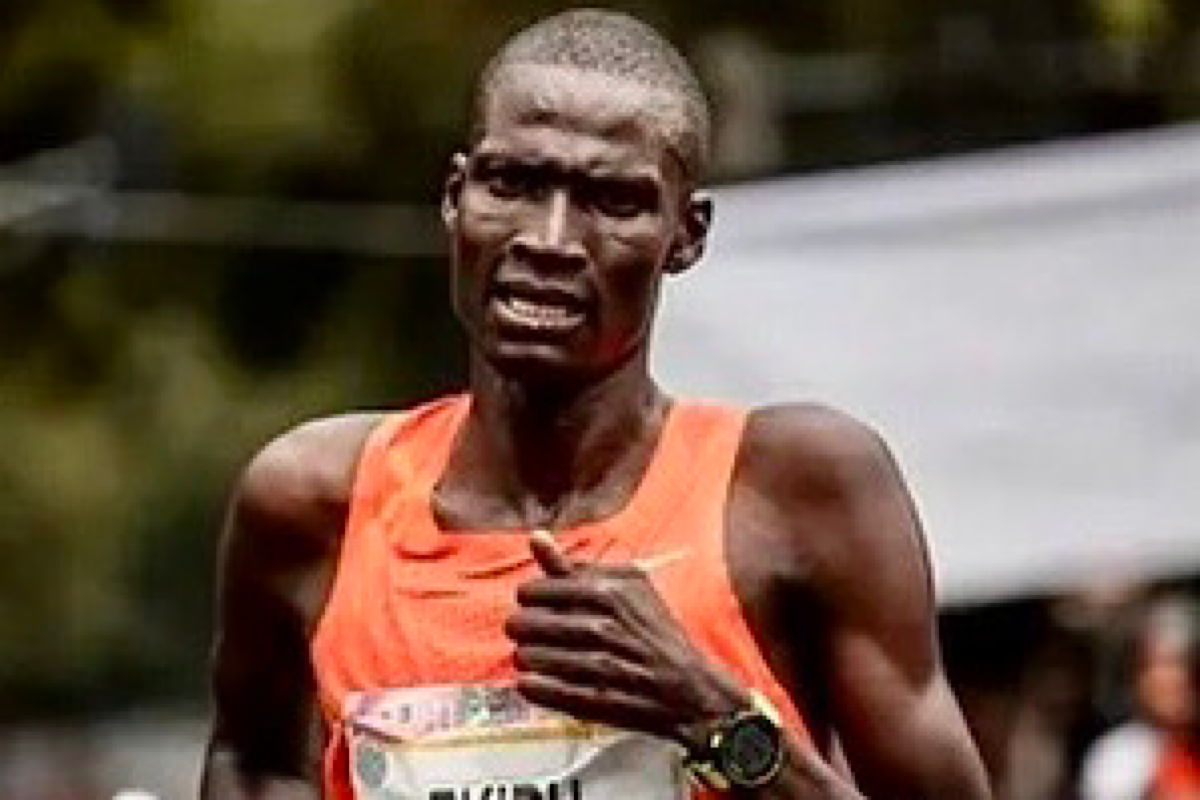Tejaswin Shankar wins high jump event in US meet
In his first outdoor meet of the season, high jumper Tejaswin Shankar won the event at the Shocker Spring Invitational athletics competition in Wichita, Kansas.
The lengthy 10-year ban slapped on Kenyan marathoner Titus Ekiru by the Athletics Integrity Unit (AIU) has exposed another dimension to the doping crisis that has plagued the country’s athletics for almost a decade.

The lengthy 10-year ban slapped on Kenyan marathoner Titus Ekiru by the Athletics Integrity Unit (AIU) has exposed another dimension to the doping crisis that has plagued the country's athletics for almost a decade.
The lengthy 10-year ban slapped on Kenyan marathoner Titus Ekiru by the Athletics Integrity Unit (AIU) has exposed another dimension to the doping crisis that has plagued the country’s athletics for almost a decade.
The AIU, in a statement in the Kenyan capital here on Monday evening, explained that the longest sanction imposed on a Kenyan athlete followed a comprehensive investigation which revealed the 31-year-old had tampered with investigations to obstruct the probe into two failed drug tests, reports Xinhua.
It added that Ekiru colluded with a senior doctor in Nandi County in northwest Kenya from whom, on two occasions – April 29 and May 6, 2021, the athlete received injections of triamcinolone acetonide during undocumented hospital visits.
Advertisement
“The senior doctor claimed Ekiru’s visits were unrecorded by the hospital as the athlete had attended early in the morning, before the registration offices had opened,” AIU added in the statement announcing the ban.
Ekiru tested positive twice for the presence of prohibited substances, or their metabolites or markers and faces a ban from June 28, 2022 to June 27, 2032.
“Ekiru’s results on and since May 16, 2021 have been disqualified, resulting in the forfeiture of all prizes and money,” AIU said.
The Kenyan caught attention after winning the 2021 Milan Marathon in 2:02:57 that would have made him the seventh fastest of all time in the distance.
He also won the Abu Dhabi marathon later that year in 2:06:13, with both results now disqualified and erased from the record books.
In May, AIU in a lengthy report expressed concern that doping in Kenya had grown from a few isolated incidents into a complex industry where cheats were earning millions of dollars.
And Ekiru’s case has just laid bare the extent of the crisis that has seen Kenya placed in category A of the countries whose athletes are likely to dope since 2017.
“Titus Ekiru’s case is crazy. The extent to which the athlete went to cover his tracks and the lengths to which AIU and Anti-Doping Agency of Kenya (ADAK) went to uncover the truth is mind boggling,” local television journalist James Wokabi posted on social media after the AIU report was made public.
Ekiru won marathons in Seville (2017), San Diego, Mexico City and Honolulu (all 2018), Milan and Honolulu again (2021) before he was busted.
He won the Half Marathon gold medal for Kenya at the 2019 All-Africa Games in Rabat, Morocco.
Advertisement